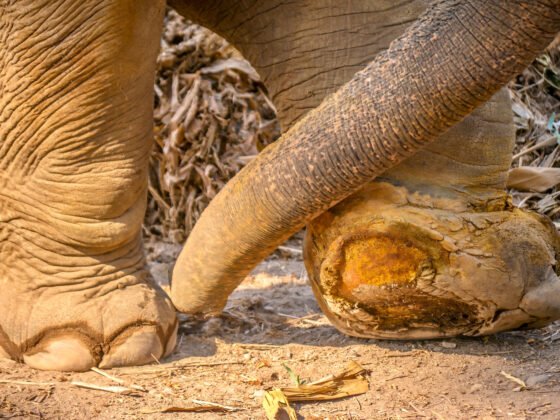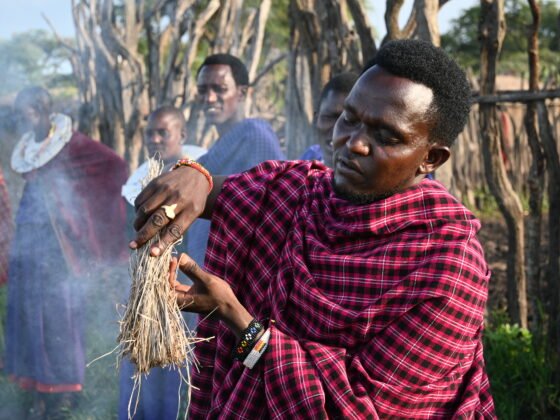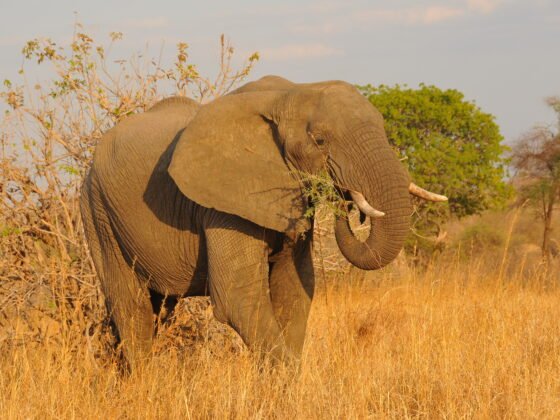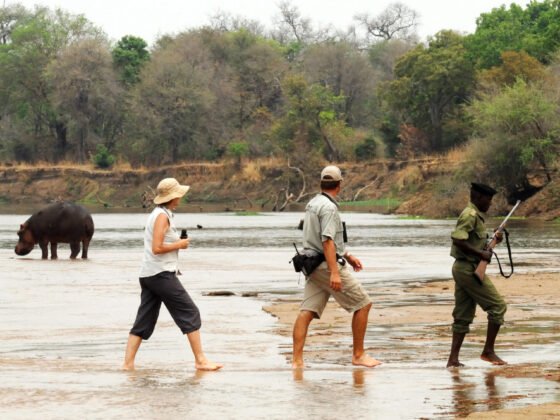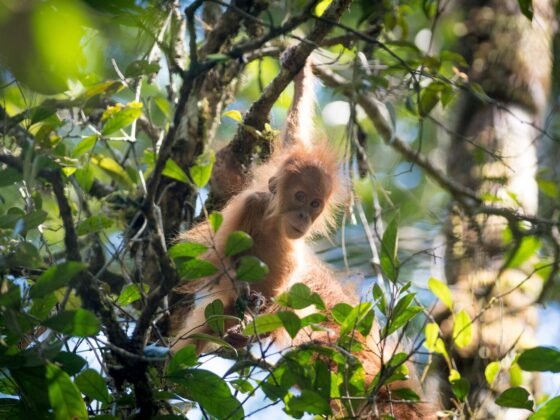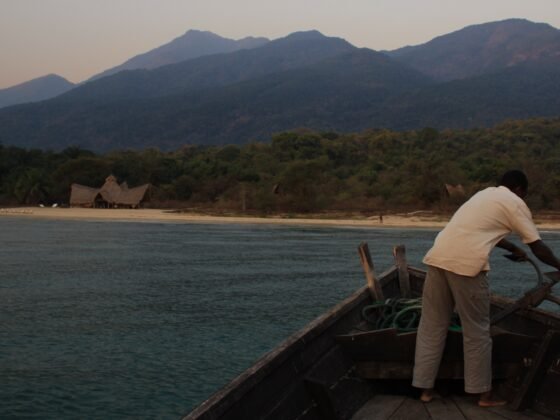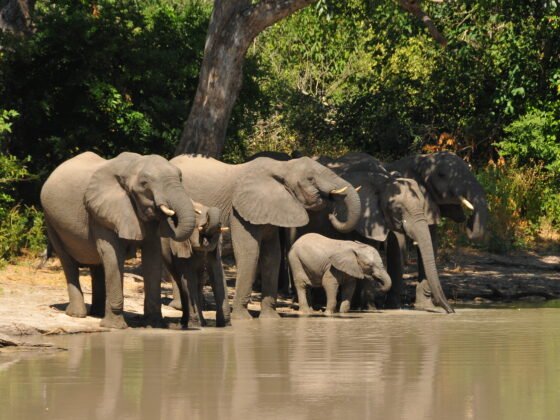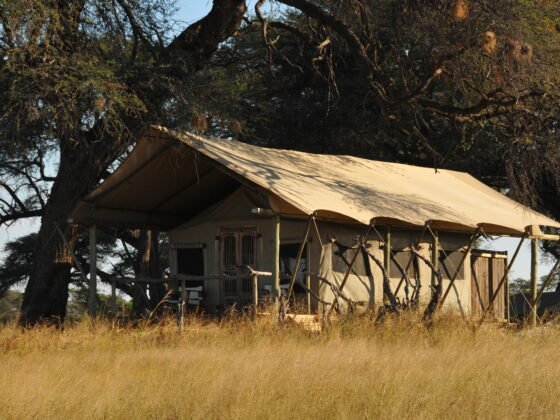We were all shocked to read the headline that a silverback mountain gorilla, Rafiki, had been killed by hunters in Bwindi Impenetrable Forest earlier this month.
Rafiki was 25 years old at the time of his death. He was the much-loved silverback of the Nkuringo gorilla group which was one of the first to be habituated for eco-tourism visits back in 2004 in the Nkuringo sector of Uganda’s Bwindi Impenetrable Forest, just 10 years after Bwindi was declared a UNESCO World Heritage site. Today the Nkuringo gorilla family is one of 18 gorilla families in Bwindi that can be visited with a special gorilla tracking permit. There are four locations for tracking gorillas in the park – Buhoma, Ruhija, Rushaga, and Nkuringo. Funds raised by the permits contribute to the conservation of endangered mountain gorillas.
Nkuringo Family timeline
1996 The Nkuringo family famously used to roam beyond the boundaries of the national park, and were often seen foraging for bananas, eucalyptus and sweet potatoes near local villages. They had a very laid back demeanour so as early as 1996/1997 Uganda Wildlife Authority rangers started observing the group with a view to habituating the family for eco-tourism visits. At this time the family was led by the gentle silverback Nkuringo (meaning rolling hills after the topography of the area).
2003 In 2003 park rangers, including Dr. Benard Ssebide of Gorilla Doctors, who was at that time working as Assistant Warden in the Nkuringo sector, recorded the arrival of a lone wild blackback gorilla of around 8 years old. It is very rare for a lone male to be accepted by an established gorilla group in this way. Because of his friendly and calm nature, the rangers named him Rafiki, meaning friend in Swahili.
2004 Family is habituated and eco-tourism visits begin. Twins are born to the family at Christmas time – the first recorded gorilla twins in Bwindi Impenetrable National Park.
2008 Between 2008 and 2012 the Nkuringo family structure changed and members of the group dispersed with numbers fluctuating between around 12 and 19 members according to records. The death of Nkuringo, the silverback, triggered these changes. He was around 45 years old. He left his son Safari, and Rafiki challenging for leadership. The two seemed to work together for a time before Safari disappeared leaving Rafiki as the dominant silverback.
2020 Rafiki is killed by a spear at the age of 25 years old. Nkuringo group now consists of 16 mountain gorillas – 3 blackbacks, 8 adult females, 2 juveniles and 3 infants. The Nkuringo group face an uncertain future. When a silverback is lost, the family group, without leadership, can splinter. If females with young join other groups, they risk the silverback of the new group killing their infant(s). It is hoped that one of the three blackbacks within the existing group may take over as the silverback. Alternatively, a lone silverback from a neighbouring area could take over of the group.
Rafiki’s death
Having read reports from the Uganda Wildlife Authority it appears that the four men arrested for the death of Rafiki were in the national park allegedly hunting for antelope (bushmeat). The men were tracked to a nearby village shortly after Rafiki’s body was discovered. Spears and other hunting equipment were found.
Rafiki was not the intended target of the hunters – he was killed by a spear to the abdomen which was reportedly used in self defence when the silverback charged the men.
There is no doubt that the men should not have been in the national park. The park is closed due to the global pandemic and it is illegal to hunt in protected areas. If found guilty of killing an endangered species, the men face life imprisonment. Why would they take such a risk? For money? Or for survival? There have been reports of increased illegal activities during lockdown including instances of snaring/poaching for subsistence.
Lodge staff, porters, guides, shop owners, drivers, craftspeople – many local people will be suffering due to the closure of national parks/reserves and the halt in tourism activities. Many of these people will have no way to make an income at this time and can only provide for their families through what subsistence farming they can do.
We sincerely hope that wildlife tourism can resume safely soon, not just in Uganda, but throughout the world, where many local communities depend on eco-tourism for their livelihoods.
Mountain Gorilla status
The International Union for the Conservation of Nature changed the status of mountain gorillas from critically endangered to endangered at the end of 2018.
Mountain gorillas have seen an extraordinary population recovery, from 350 in the 1980s after been decimated by poaching, to over 1000 today. This recovery is largely attributable to eco-tourism and wildlife authorities working with local communities.
Eco-tourism – Gorilla trekking
Trekking to see the gorillas of Bwindi is a magical, unique experience, as I discovered in 2019 on a visit with Uganda Wildlife Authority to the Mucunguzi gorilla family in the Rushaga sector of Bwindi.


You are briefed and guided by rangers from the Uganda Wildlife Authority who work hard to ensure everyone gets a good view of the gorillas at some stage during the 60 minute visit – this can be tricky as the terrain is steep in places, the vegetation lush and the gorillas can move about a lot – much faster than you or I!
You are also accompanied by expert trackers and have the option to hire a porter from the local community. This service costs just $15 USD (you pay in cash on your return to base) and is a great way to try and support local people. The porters look after your kit when you are with the gorillas and can give you a helping hand during the trek, which can be challenging in places, and by carrying your back pack. They do a brilliant job.
Gorilla Doctors
Gorilla Doctors is a team of international vets who provide in-the-field care to the wild gorillas of Uganda, Rwanda and DRC. They are a nonprofit organisation that is dedicated to conserving mountain and eastern lowland gorillas.
Depending where & when you trek in Bwindi in Uganda it is possible for our travel partners, subject to availability, to arrange a visit to the Gorilla Doctors to meet some of the team and gain an insight into their work.
Image credit: the picture of Rafiki is by Gorilla Doctors.



